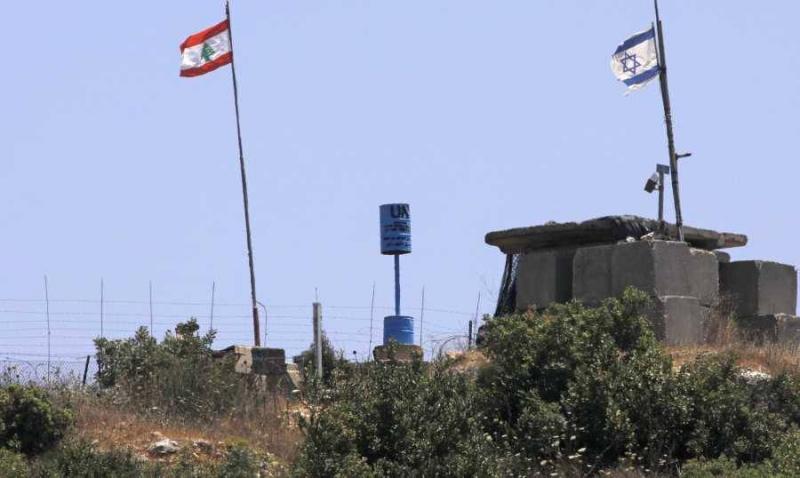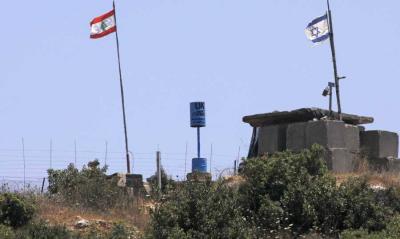A Lebanese source familiar with the atmosphere of the meetings involving U.S. presidential envoy Amos Hochstein in France, particularly with French presidential envoy Jean-Yves Le Drian, revealed that U.S. and French preparations are complete to support any truce or ceasefire in the Gaza Strip that may extend to Lebanon. The source disclosed to "Al-Anbaa" Kuwaiti news that discussions in Paris between the U.S. and French envoys began with indications that the situation in Gaza and Lebanon is at least heading towards a ceasefire. Hochstein informed Le Drian that upon the announcement of a ceasefire, he would immediately head to Lebanon to seize the opportunity and swiftly begin negotiations on implementing the political aspects of UN Resolution 1701, specifically the establishment of the land borders and mutual arrangements on both sides of the border, transitioning from the ceasefire in place since 2006 to an active ceasefire.
Most importantly, according to the source, Hochstein stated to Le Drian that the border agreement between Lebanon and Israel is nearly finalized, or even completed, requiring only some final touches. Additionally, there are matters of guarantees for the concerned parties in the conflict, as the border agreement will provide Hezbollah with assurances regarding its role and presence in the area of operations of the UN peacekeeping forces (UNIFIL), in accordance with the provisions of Resolution 1701, which restricts weaponry in this area to the Lebanese Army.
The source noted that these arrangements might be sufficient to avoid needing extra guarantees related to the presidency and the individual of the president, whom Hezbollah frequently states it does not want to undermine the resistance. Here, the French role re-emerges through the Arab and International Quintet committee, which will play a presidential-level role with U.S. and Arab support, benefiting from the implicit understanding between Washington and Tehran, which became evident during the conflicts in Gaza and southern Lebanon, and their agreement to avoid extending the war. This was illustrated by Iranian pressures on Hezbollah countered by American pressures on Israel to prevent a major escalation of the situation.




